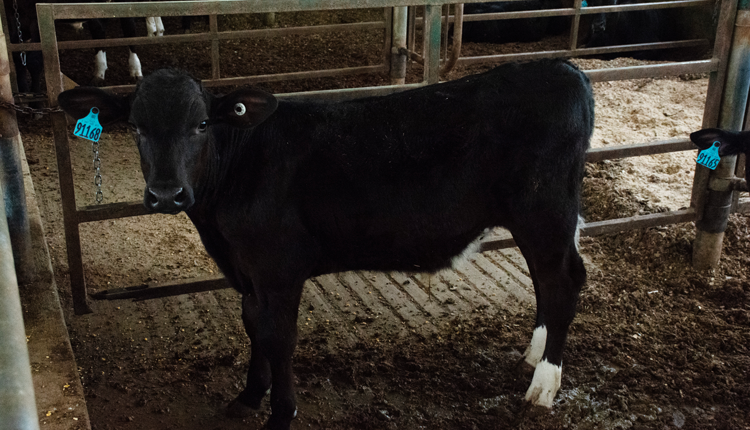The terms are all too familiar for those in animal agriculture: "growth hormone," "mad cow disease" and "factory farm."
All are nicknames for longer, dryer formal names. The mainstream media loves them because they make sound bites more punchy and they fit into headlines better. But to livestock producers they're like fingernails on a chalkboard.
That's because they are derogatory and distorted, and they trigger adverse emotions by people who don't know better. In fact, the nicknames do it so effectively that one may wonder if that is their real objective.
A new term jumped to the top of the media nickname list this year: "pink slime." It's a repulsive sounding term for lean finely textured beef (LFTB), which is produced using an ultra-efficient method of processing beef trimmings that USDA approved in 1993 and generates 10 to 20 pounds of additional low-fat beef per animal.
In the past, companies and industries affected by these derogatory terms simply absorbed the demeaning characterizations. But not now.
Earlier this month, a lawsuit was filed in South Dakota by the creator of LFTB, Beef Products, Inc., (BPI) against American Broadcasting Companies (ABC). BPI says ABC "knowingly and intentionally published nearly 200 false and disparaging statements regarding BPI and its product." It seeks $1.2 billion in damages.
BPI says statements made by ABC in 11 telecasts this year hurt its reputation, drove away customers, slashed its monthly sales by 60 percent (total LFTB sales by the company in 20 years are over 5 billion pounds), forced the closing of three of its five processing plants and resulted in the elimination of 700 workers' jobs.
Heading the list of false statements that BPI says ABC made is that LFTB is not beef or even meat; it is not safe for public consumption; it is not nutritious; and BPI engaged in improper conduct to gain approval for LFTB from the USDA.
Arguing the case will be a huge uphill battle for BPI, but the precedent it sets by fighting back may at least slow down the creation of other derogatory food-related nicknames in the future.
All are nicknames for longer, dryer formal names. The mainstream media loves them because they make sound bites more punchy and they fit into headlines better. But to livestock producers they're like fingernails on a chalkboard.
That's because they are derogatory and distorted, and they trigger adverse emotions by people who don't know better. In fact, the nicknames do it so effectively that one may wonder if that is their real objective.
A new term jumped to the top of the media nickname list this year: "pink slime." It's a repulsive sounding term for lean finely textured beef (LFTB), which is produced using an ultra-efficient method of processing beef trimmings that USDA approved in 1993 and generates 10 to 20 pounds of additional low-fat beef per animal.
In the past, companies and industries affected by these derogatory terms simply absorbed the demeaning characterizations. But not now.
Earlier this month, a lawsuit was filed in South Dakota by the creator of LFTB, Beef Products, Inc., (BPI) against American Broadcasting Companies (ABC). BPI says ABC "knowingly and intentionally published nearly 200 false and disparaging statements regarding BPI and its product." It seeks $1.2 billion in damages.
BPI says statements made by ABC in 11 telecasts this year hurt its reputation, drove away customers, slashed its monthly sales by 60 percent (total LFTB sales by the company in 20 years are over 5 billion pounds), forced the closing of three of its five processing plants and resulted in the elimination of 700 workers' jobs.
Heading the list of false statements that BPI says ABC made is that LFTB is not beef or even meat; it is not safe for public consumption; it is not nutritious; and BPI engaged in improper conduct to gain approval for LFTB from the USDA.
Arguing the case will be a huge uphill battle for BPI, but the precedent it sets by fighting back may at least slow down the creation of other derogatory food-related nicknames in the future.










